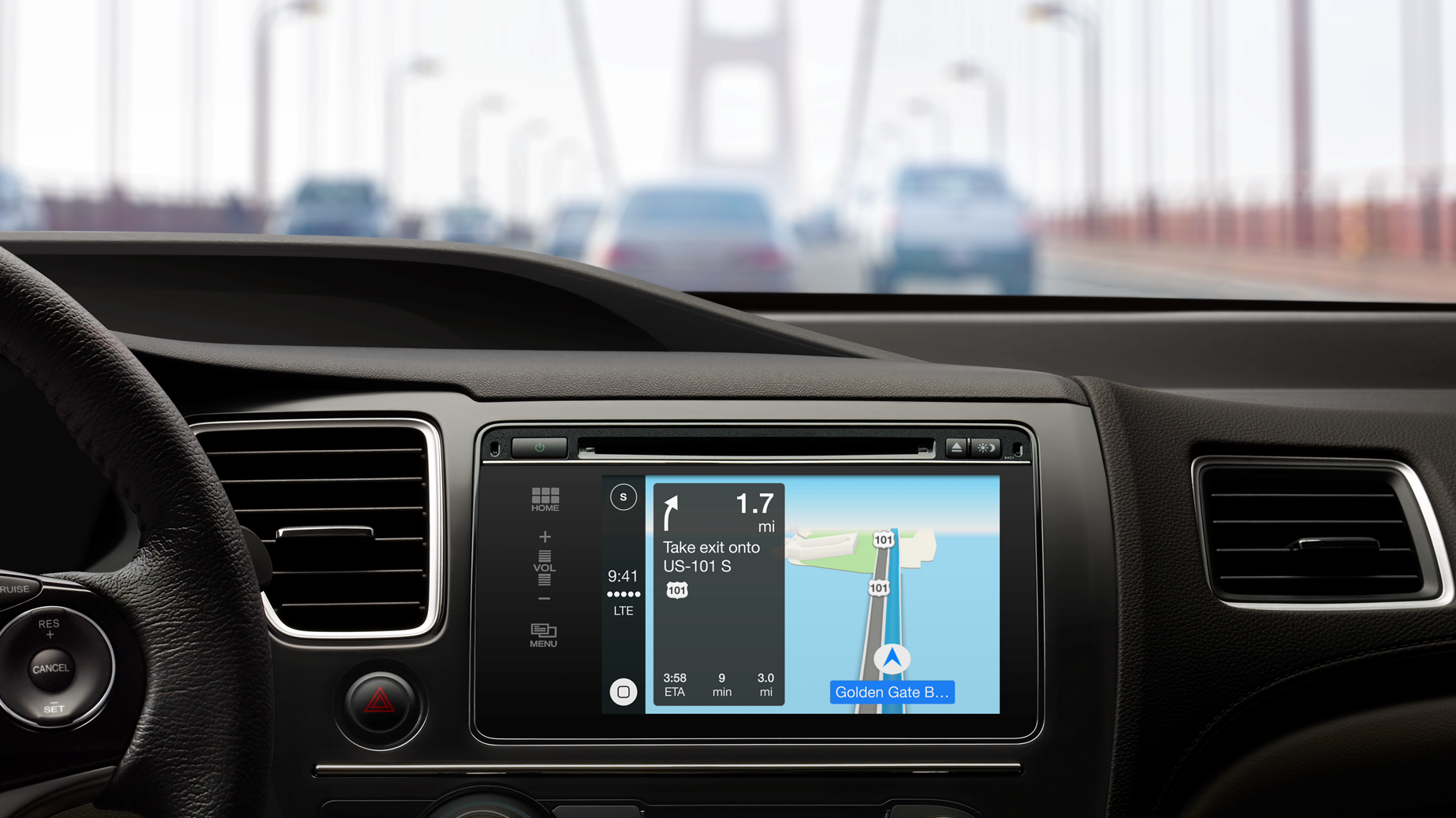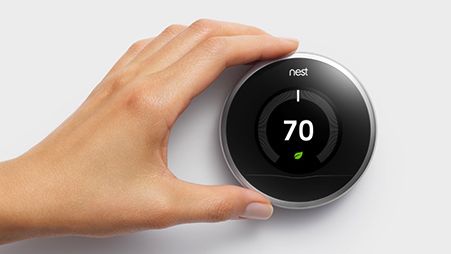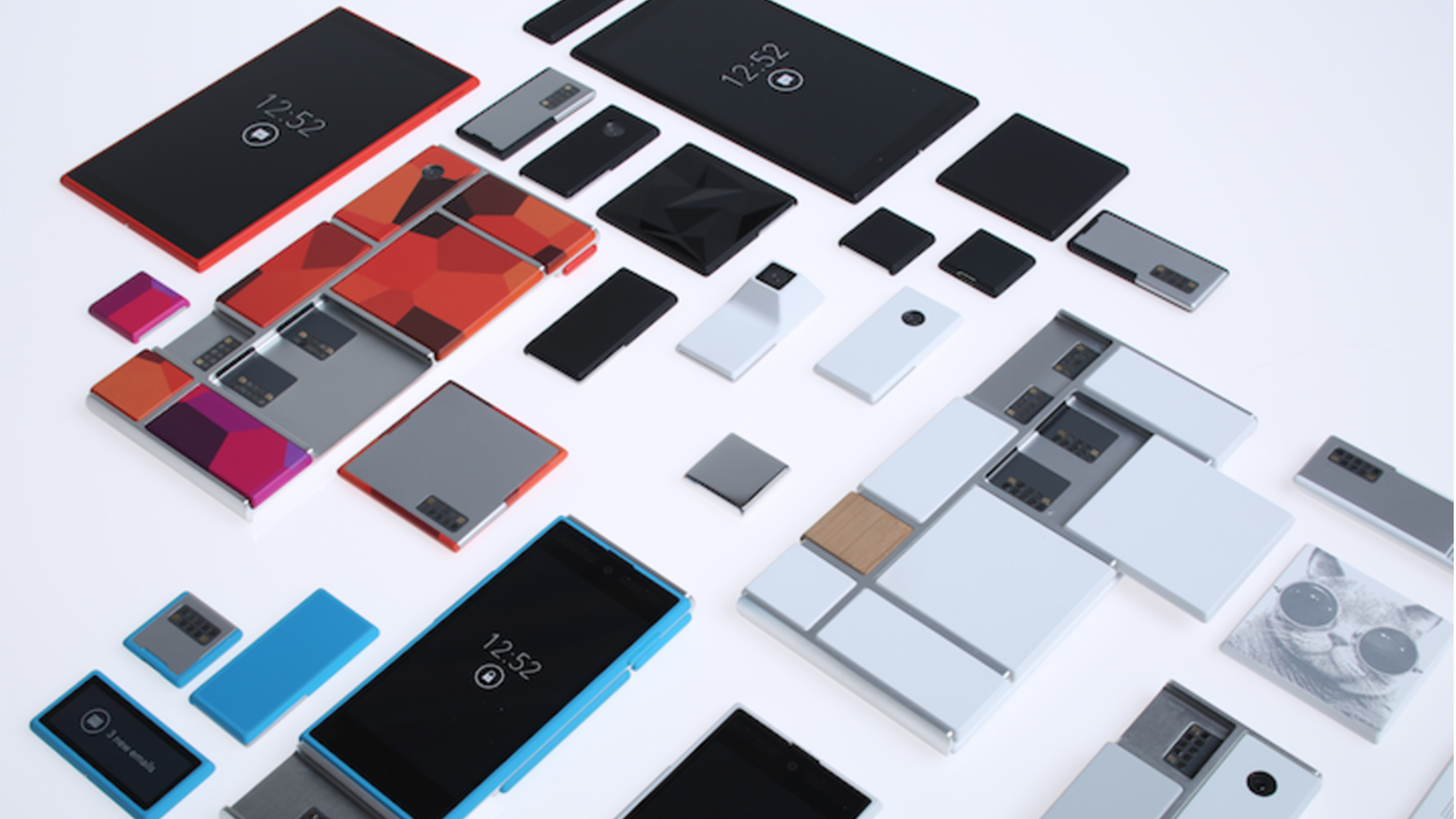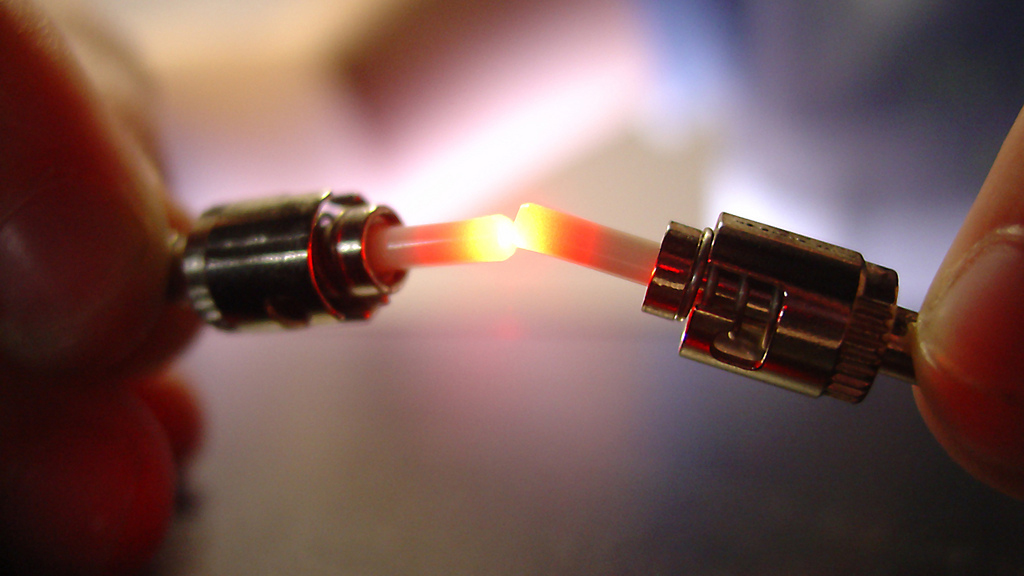Google IO 2014: top 5 moments
Google's conference unveils Android L, smartwatches and Android TV
Sign up for breaking news, reviews, opinion, top tech deals, and more.
You are now subscribed
Your newsletter sign-up was successful
6. Google to rev up a CarPlay rival?
Google beat Apple's iWatch to the punch with Android Wear, but their positions are curiously reversed when comes to in-dash car technology.
It certainly seems to be taking a backseat to Apple CarPlay, an iOS-based infotainment system that was announced two months ago. Where exactly is "Android in the Car?"

Google's infotainment system is still expected to be unveiled in 2014, which makes the June Google IO conference the appropriate rollout vehicle, if you will.
The company doesn't have to do much to catch up. Just saying "We have Google Maps," should do the trick given its navigation track record and the performance history of Apple Maps.
An all-in-one system for maps, messages and music could alleviate distracted driving and end up making the Android port to cars Google's most important new product category for 2014.
Doubly, Google's infotainment system could potentially support Android and iOS devices, which would contrast with the iPhone-only Apple CarPlay.
It'd be a bummer to have a friend unable to pipe a playlist through the stereo because they own a rival phone. This is where Google usually succeeds and Apple's walled-garden lets us down.
Sign up for breaking news, reviews, opinion, top tech deals, and more.
The far-off Google self-driving car may also have us all sucked into the company's car ecosystem eventually, giving Google a trifecta: Maps, autonomous cars and device compatibility.
7. An army of robot inventors for a robot army
Larry Page and Sergey Brin may not be the only headline-worthy names to grace the Google IO stage. The co-founders' army of robots may be ready for their big debut.
The company bought proven robot maker Boston Dynamics at the end of last year as well as six other robot manufacturers over the course of just eight days.
Google is clearly building an army of brainy robot designers in advance of building its real-life Android army, and it's tasking Android inventor Andy Rubin as their overseer.
Are we in for a Jetsons-style future or are Google robots intended for manufacturing? The IO conference could give us a sense of why they're such an important talent-driven moonshot.
8. Building another Nest
Also part of Google's "new class" is Nest Labs, the inventive home automation company that is bringing age-old appliances up to speed in our app-driven world.
Google just started selling its intelligent Nest thermostat in the Google Play Store, and we could see its availability reach beyond the US, Canada and UK. It technically works in other countries.

The Nest Protect smoke and CO2 detector, on the other hand, hasn't worked 100% of the time in any country. An alarm feature called Wave Silence was found to disable it accidentally and a recall.
It's back on sale at a cheaper price, but without gesture feature that caused the problem. Could a firmware fix at Google IO bring it back along with more Nest inventions?
Also, Google-owned Nest bought Dropcam the week last week. The start-up's slickly design home security cameras connect over WiFi without the need for a computer and push live feeds to devices.
That's right up Nest's alley. Best of all, the inventive company promises that it won't lead to Google ads everywhere in our futuristic smart homes.
9. More to the Project Ara LEGO phone
Phone upgrades could happen piecemeal thanks to Google's Project Ara, an initiative to create a modular phone with upgradeable parts.
It's an ambitious idea that doesn't exactly make room for ultra-slim form factors, but could save users money and reduce cell phone waste.

It also doesn't have to stop at mod-friendly smartphones, either. The term "Internet of Things" was thrown around at the first Project Ara conference.
Project Ara could lead to customizable tablets, smartwatches and laptops in the future, much to the delight of PC builders everywhere.
10. A healthy dose of Fiber
The Google IO conference may fulfill our daily Fiber requirements when the company updates us on its rollout of Netflix-friendly Gigabit internet throughout the US.
Google's broadband network is touted as being 100 times faster than what most Americans currently experience, but so far it's limited to three cities: Kansas, Austin, and Provo, Utah.

Google is in early discussions with 34 cities in 9 metro areas that want a piece of its fiber-optic network. Atlanta, Portland, Nashville and San Jose in Google's own backyard may be next.
Implementing Google Fiber in America's largest cities may require cable-laying alternatives like city-wide WiFi. It's an idea other companies and governments have tried and failed to deliver.
Google has the pipes to make it happen. Its investment in drones and Project Loon could bring Gigabit internet to your town or at least pressure cable providers into offering something similar.
Current page: The New Class: Cars, robots and smarthome innovation
Prev Page Previous Google IO predictions
